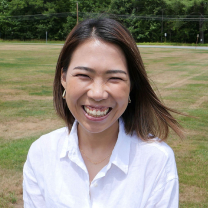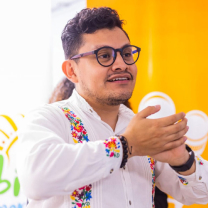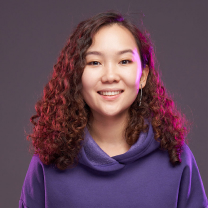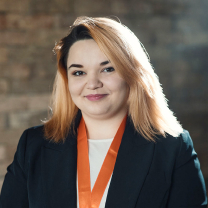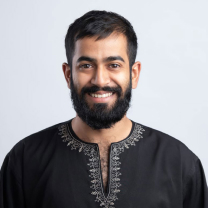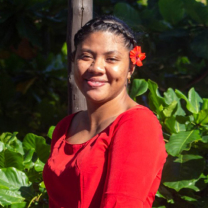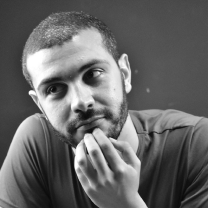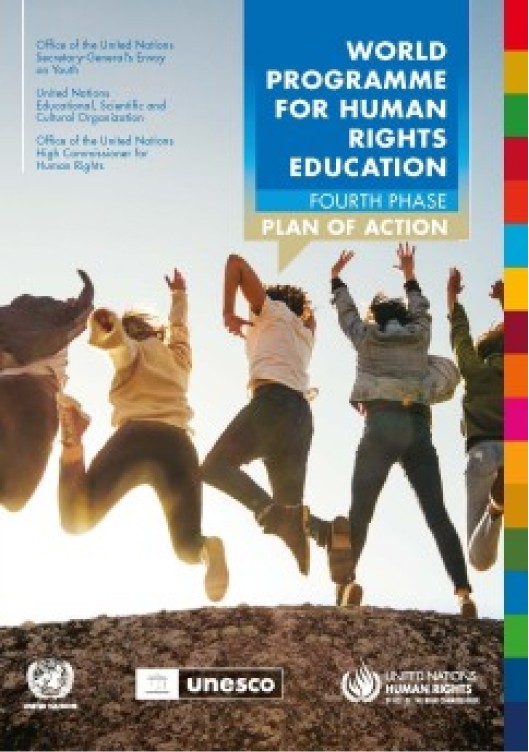Changemakers:
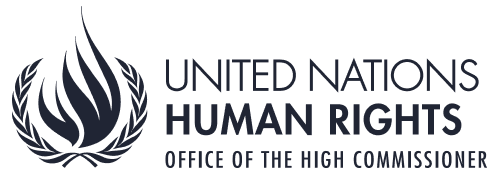
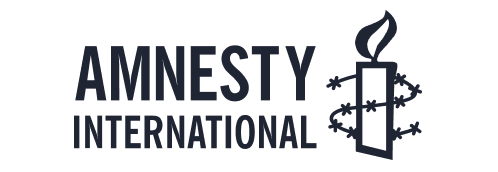
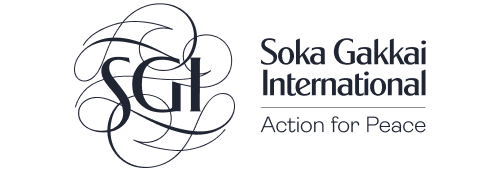
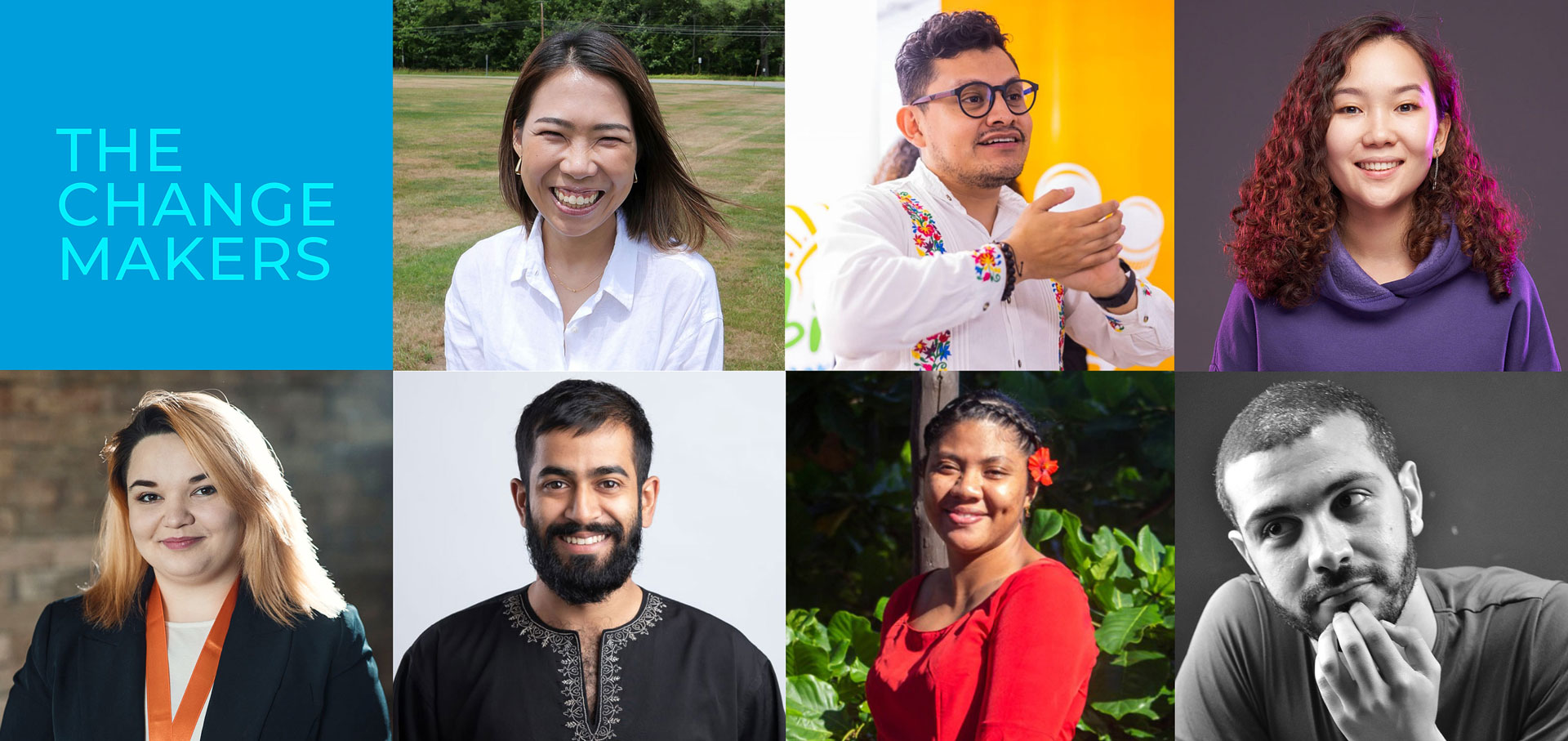
The film documents stories of seven young human rights educators from different countries and regions. Their stories showcase how human rights and human rights education have changed their lives, inspiring them to take action for human rights in their communities through human rights education.
FULL VERSION
Full documentary is available in other languages (Spanish, French, and Arabic).
In addition to the full documentary, each of the seven videos, statements of the officials and questions for discussions can be downloaded separately to facilitate their use on screening and other educational events.
THE CHANGEMAKERS
“It’s young people who are demanding action on climate change, on racism, on gender equality and they are calling for justice and the fundamental freedoms and human rights we are all owed.”
Volker Türk, United Nations High Commissioner for Human Rights
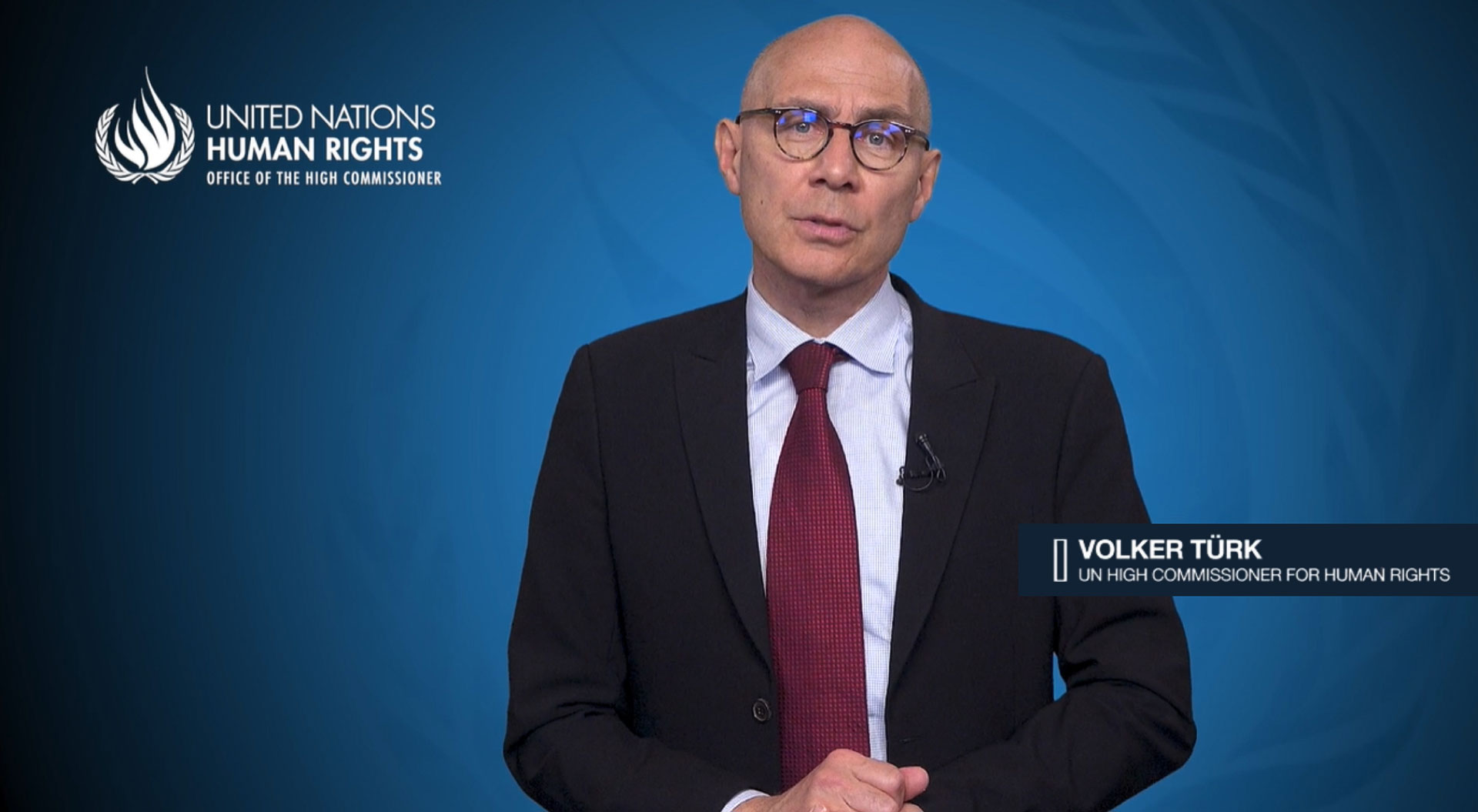
THE PROJECT
In September 2018, the Human Rights Council decided to make youth the focus group of the fourth phase (2020-2024) of the World Programme for Human Rights Education, with emphasis on education and training in equality, human rights and non-discrimination, and inclusion and respect for diversity with the aim of building inclusive and peaceful societies. A year later, the Human Rights Council adopted the Plan of Action for the fourth phase, which provides guidance on developing a national strategy for human rights education for youth and by youth.
In addition, the UN Youth Strategy Youth 2030, through its Fourth Priority on Youth and Human Rights, encourages efforts to promote human rights education and training for youth in order to foster civic awareness and participation, volunteerism and a culture of peace and non-violence among young people.
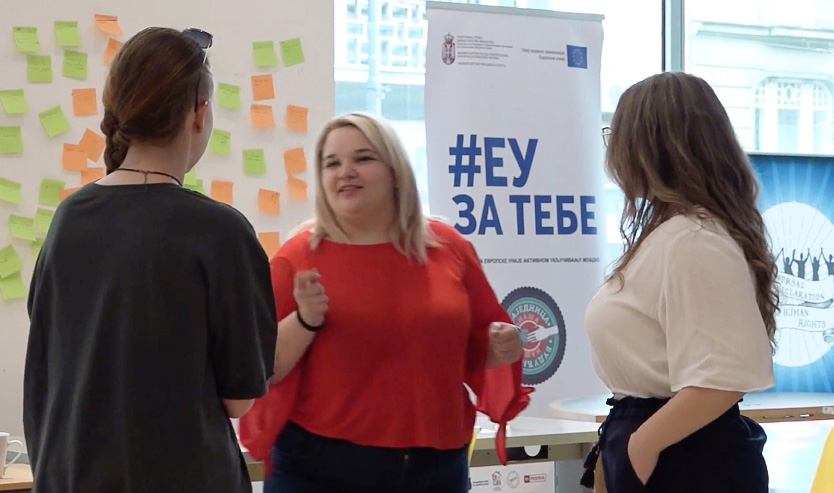
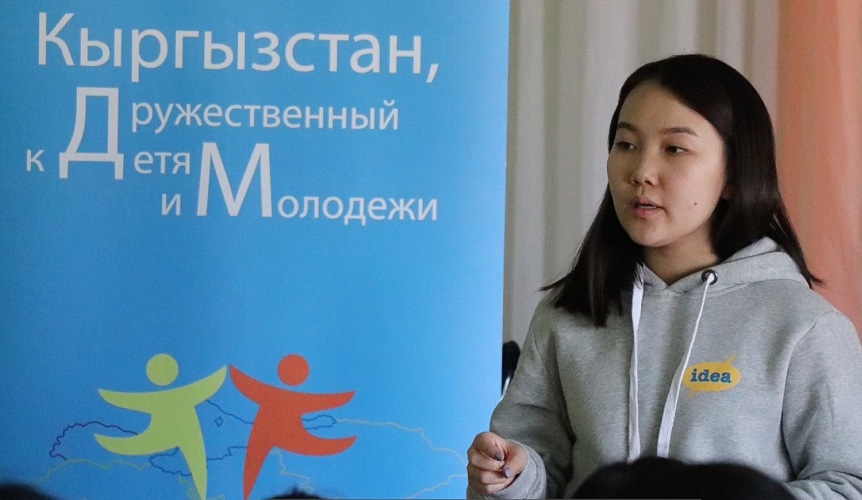
To contribute to these global initiatives, Amnesty International (AI), the Office of the United Nations High Commissioner for Human Rights (OHCHR) and Soka Gakkai International (SGI) (hereinafter the ‘producers’) have engaged collaboratively in a project to document stories of young human rights educators from around the world, to celebrate the positive contribution of youth to the realization of human rights in their communities and to inspire young people to take action to promote and protect human rights. The project involves the development and production of a multimedia educational tool, to be available in English, French, Arabic and Spanish. The project builds on the experience of developing the documentary movie A Path to Dignity: The Power of Human Rights Education, which OHCHR co-produced with SGI and Human Rights Education Associates back in 2012.
YOUTH ADVISORY BOARD
The producers have established a Youth Advisory Board to the project, which consists of 10 staff or volunteers, representatives of the producers, who are youth themselves and/or work on youth/human rights education. The project team has consulted and kept informed the Youth Advisory Board throughout the process.
On behalf of Amnesty International
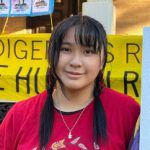
Rachel Kara Lim
Canada

Zulu Anyaogu
Nigeria
On behalf of SGI
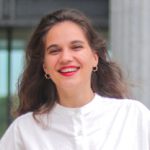
Flore Ghetti
France

Irene Bazzechi
Italy
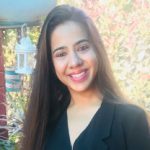
Pallavi Mahajan
India
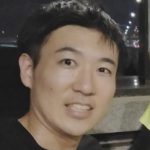
Yuta Nagai
Japan
On behalf of OHCHR
Staff members from the Child and Youth Rights Unit in Geneva, Switzerland (Headquarters), the Regional Office for the Middle East and North Africa and the Country Office in Guatemala (field presences).
THE FILM-MAKER
Principle Pictures (www.principlepictures.com) developed the video products of this multimedia educational tool on behalf of the producers. Due to travel restrictions in the context of COVID-19 pandemic, Principle Pictures identified local videographers in different countries to shoot the documentaries locally and coordinated the process.
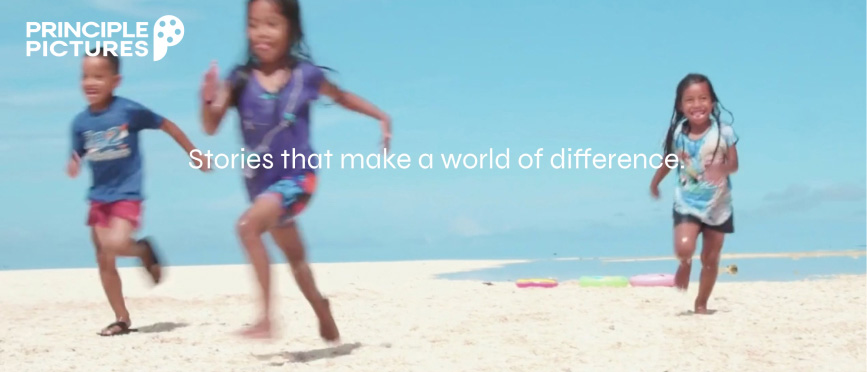
Founded by filmmaker/journalist/author Beth Murphy in 1999, the Principle Pictures team has produced more than twenty documentary films, including six features that have been screened by some of the world’s most prestigious film festivals, broadcast networks and media organizations – including PBS (POV, Independent Lens, NewsHour), The New York Times, TIME, Discovery, Sundance Channel, History Channel, Lifetime, The Washington Post, ABC, NBC and CBS, among many others. Principle Pictures has also produced podcasts with PRX, Reveal from the Center for Investigative Reporting, WGBH, The GroundTruth Project and UNICEF.
RESOURCES
1. Questions for discussions
For those who are interested in organizing a discussion following a screening of the video(s), some discussion questions have been developed to serve as guidance. Special attention should be paid to the sensitivity of the topics discussed, ensuring that appropriate measures are in place to address possible risks to the audience (such as triggering traumatic events).
The questions are tailored to the thematic focus of each of the videos, as follows.
Full documentary
- What are the specific human rights challenges that the young seven human rights educators seek to address in their work? What are the root causes of these challenges?
- Do those human rights problems also occur in your school, community or country? What can be done to overcome them? How can human rights education help?
- How can human rights education contribute to greater equality, inclusion and justice?
- What human rights education initiatives, particularly led by young people, are taking place in your school, community or country?
- What role can young people play in fighting injustice and advancing human rights in their communities?
- What young people’s human rights initiatives are taking place in your school, community or country?
1. Aiki, Japan: Sexual exploitation of children
- How do you understand the notion of “sexual exploitation of children”? How is sexual exploitation a violation of children’s rights?
- What do you know about the sexual exploitation of children being perpetrated in your context? Who is responsible for ensuring that children’s rights are protected and that victims receive support?
- One area of Aiki’s work is prevention of sexual exploitation of children. Why do you think prevention is important? What can be done in this regard?
- How can human rights education help victims of sexual exploitation address the trauma that they have suffered?
2. Allán, Mexico and Panama: Rights of children and youth in situations of vulnerability
- How would you describe “children and youth in situations of vulnerability”? What are some examples?
- What specific human rights challenges do children and youth in situations of vulnerability face in your school, community or country? What can be done to overcome them?
- Allán notes that children and youth in situations of vulnerability are often not aware that they have rights. How can human rights education help them?
- Through human rights education, Allán promotes the participation of child and youth, including those in situations of vulnerability, in public life and decision-making processes. Why is their participation important?
3. Irfaan, South Africa: Racism and racial discrimination
- Irfaan is concerned by the “triple threats of unemployment, poverty and inequality” in his country. How do you think they relate to the issue of racism?
- Are racism and racial discrimination problems faced in your school, community or country? What can be done to overcome them? How can human rights education help?
- How can young people fight racism and related forms of discrimination?
- Irfaan quotes Nelson Mandela: “Education is the most powerful weapon which you can use to change the world”. Do you agree, and why?
4. Maselina, Samoa: Human rights of persons with disabilities
- Maselina acknowledges that, as a deaf child, she felt very isolated growing up. Why may persons with disabilities feel isolated?
- What specific human rights challenges do persons with disabilities face in your school, community or country, and what can be done to overcome these challenges? How can human rights education help?
- According to Maselina, understanding that persons with disabilities have human rights as any other people was a decisive moment in her life. What benefits do you see in having all people, including persons with disabilities, learning about human rights?
- Maselina is considered as a role model for persons with disability in Samoa and beyond. Why is it important for groups in situations of vulnerability, such as persons with disabilities, to have such leading figures?
5. Dejana, Serbia: Gender equality and gender-based violence
- Dejana states that “women and men are not equal.” What do you think she means by that? Does this apply to your context?
- How can human rights education help people address gender-based violence?
- Dejana states that “we have good laws but the practice is completely different”. What can be done to ensure that laws are put into practice?
- What benefits do you see in having discussion spaces reserved for people experiencing similar human rights problems, like the “Girls Corner” in the video?
6. Aizat, Kyrgyzstan: Women’s human rights
- Aizat states that in her country, “words like human rights, gender equality and feminism are perceived rather negatively”. Why do you think this is the case? Is it the same in your context?
- What specific human rights challenges do women and girls face in your school, community or country? What can be done to overcome them? How can human rights education help?
- Who is responsible to ensuring that women’s rights are protected and that victims of gender-based violence receive support?
- What benefits do you see in using arts for human rights education, like Aizat does?
7. Soufiane, Morocco: Gender equality and gender diversity
- Why do you think Soufiane advocates for a “rethinking of masculinities” in order to achieve gender equality?
- What specific human rights challenges do people with diverse sexual orientations and gender identities face in your school, community or country? What can be done to overcome them? How can human rights education help?
- What makes Soufiane’s podcast an effective human rights education tool? Do such online initiatives exist in your context?
- How can young people support the human rights of people with diverse sexual orientations and gender identities?
2. Human rights education webpages of the Producers
3. World Programme for Human Rights Education (2005-ongoing)
On 10 December 2004, the General Assembly of the United Nations proclaimed the World Programme for Human Rights Education (2005-ongoing) to advance the implementation of human rights education programmes in all sectors. OHCHR provides global coordination of the World Programme.
The World Programme is structured in consecutive phases, in order to further focus national human rights education efforts on specific sectors/issues.
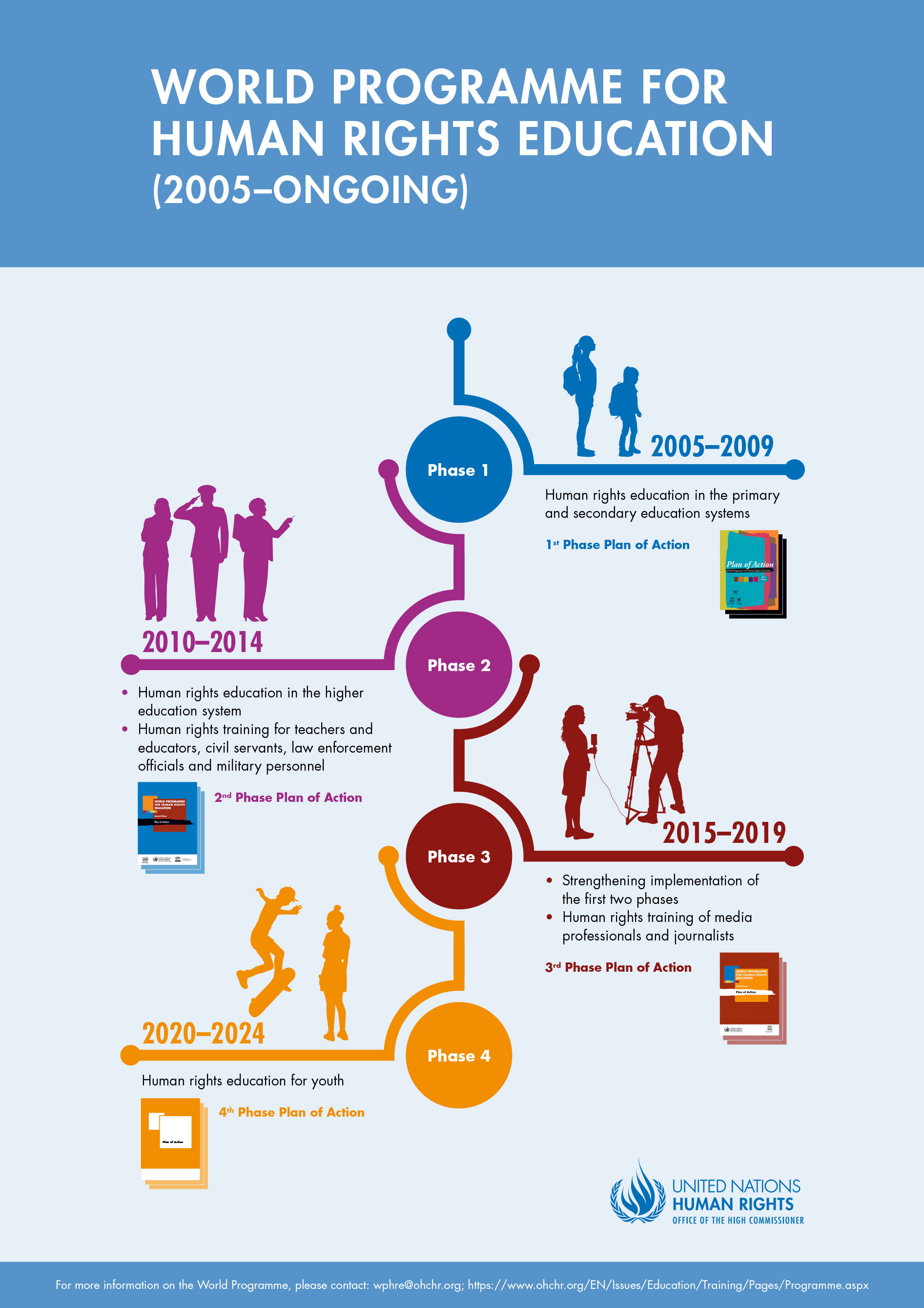
Following the Human Rights Council’s decision to make youth the focus group of the fourth phase of the World Programme, OHCHR, in consultation with States, intergovernmental organizations, national human rights institutions and civil society, including youth groups and youth-led networks, elaborated a plan of action for the fourth phase , which was subsequently adopted by the Human Rights Council through resolution 42/7.
The Plan of Action provides guidance to develop, as agreed internationally, a comprehensive human rights education strategy for youth at the national level, to be adapted to national contexts. It lays out objectives, components, actions and practical steps for implementation with a focus on young people as key actors of the whole process.
More information on the World Programme is available here.
4. Conversation series
From December 2021 – December 2022, as part of this multimedia tool project, the producers launched a series of conversations with the 7 young human rights educators to provide a space for them to share about their inspiring human rights education work in their respective countries. The conversation series were held online and targeted to young people and anyone around the world who may be interested in learning from the educators.
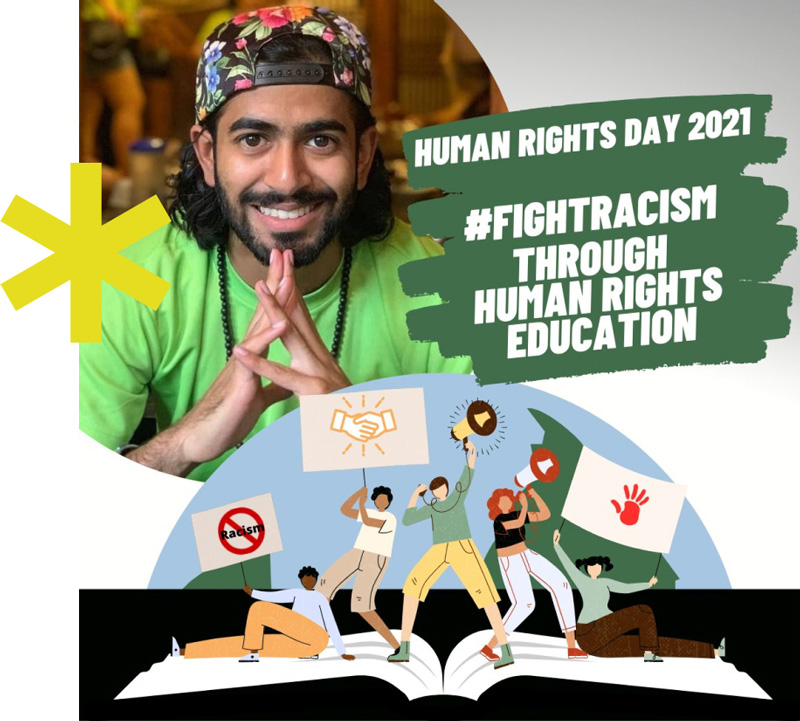
![]()
The first edition of the series took place on 10 December 2021 with the theme Fighting racism through human rights education and featured Mr. Irfaan Mangera, a young activist and educator from South Africa. The recording of the event is available here.
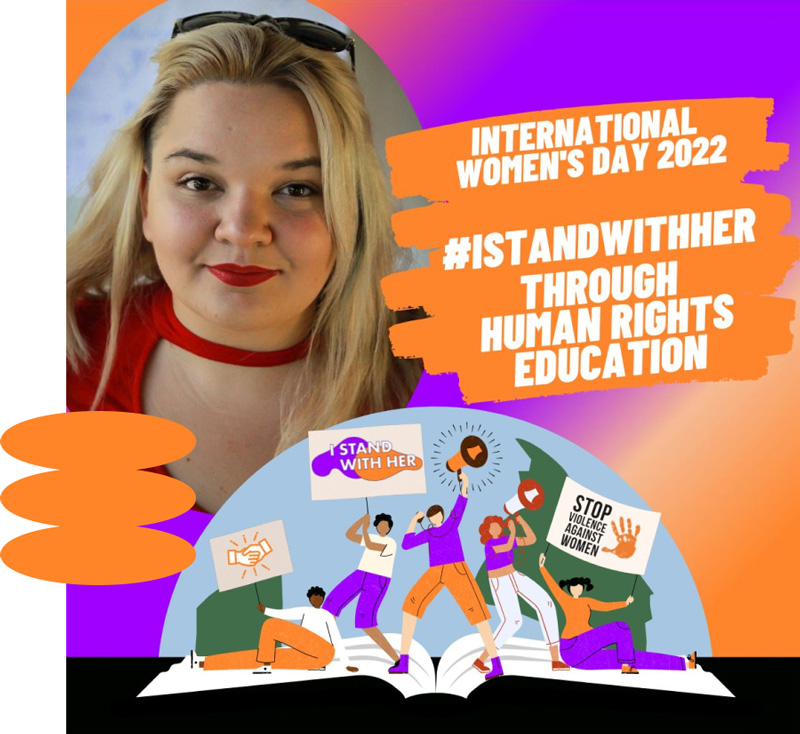
![]()
The second edition of the series took place on 9 March 2022 with the theme Promoting gender equality through human rights education and featured Ms. Dejana Stosic, a young activist and educator from Serbia. The recording of the event is available here.
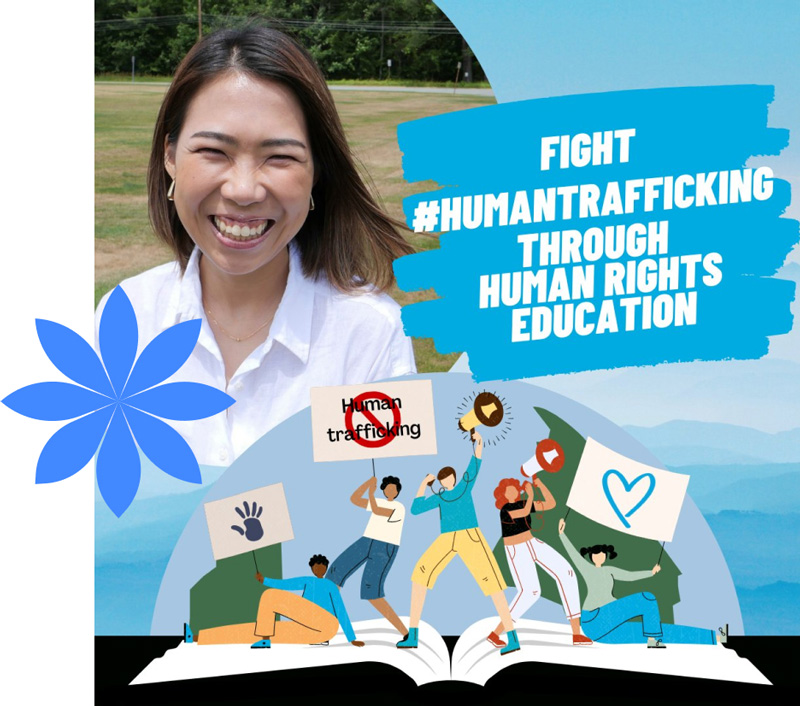
![]()
The third edition of the series took place on 17 August 2022 with the theme Fighting human trafficking through human rights education and featured Ms. Aiki Matsukura, a young activist and educator from Japan. The recording of the event is available here*.
*Passcode available upon request to the Producers
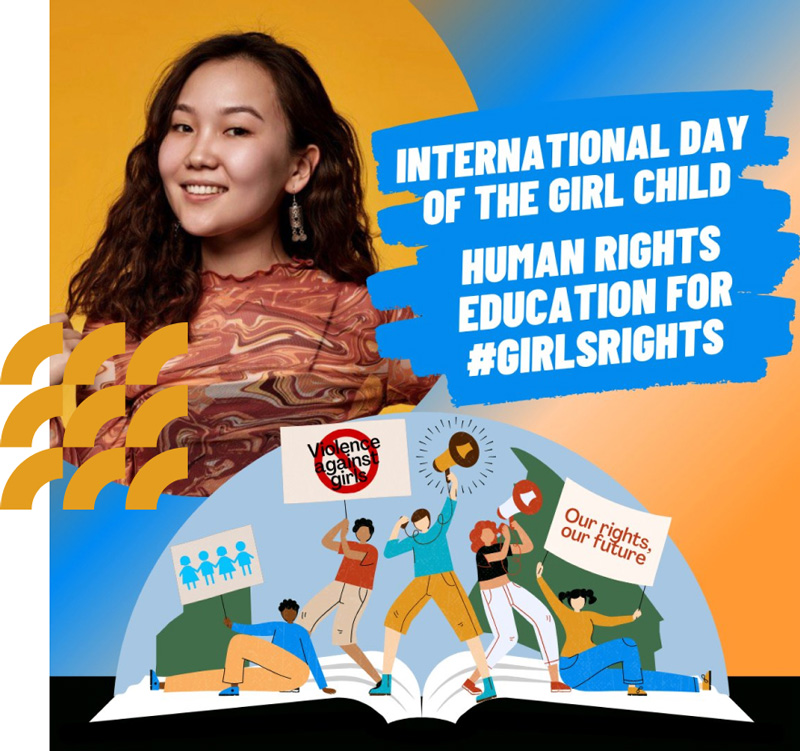
![]()
The fourth edition of the series took place on 11 October 2022 with the theme Standing up for girls’ rights through human rights education and featured Ms. Aizat Ruslanova, a young activist and educator from Kyrgyzstan. The recording of the event is available here.
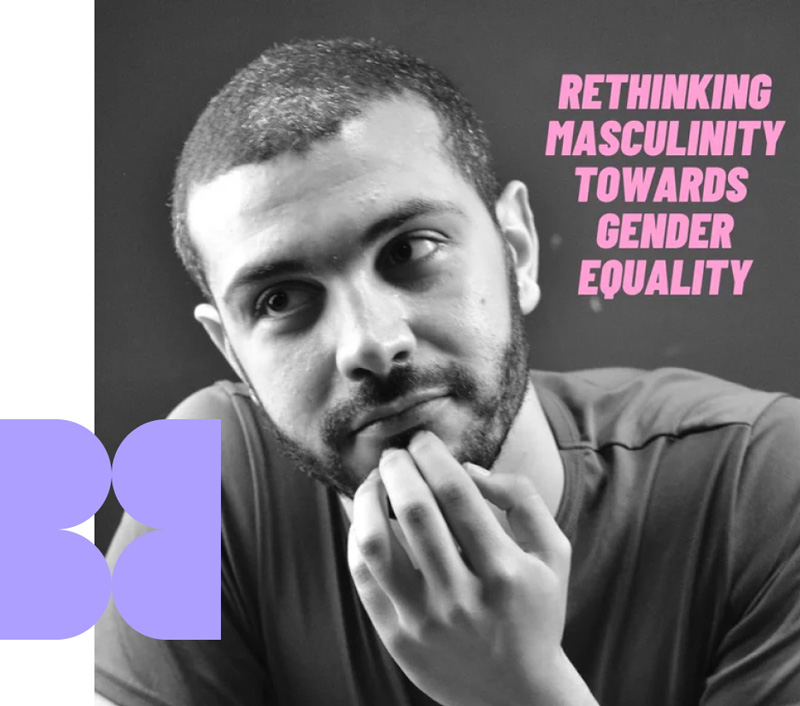
![]()
The fifth edition of the series took place on 27 October 2022 with the theme Rethinking masculinity towards gender equality and featured Mr. Soufiane Hennani, a young activist and educator from Morocco. The recording of the event is available here.
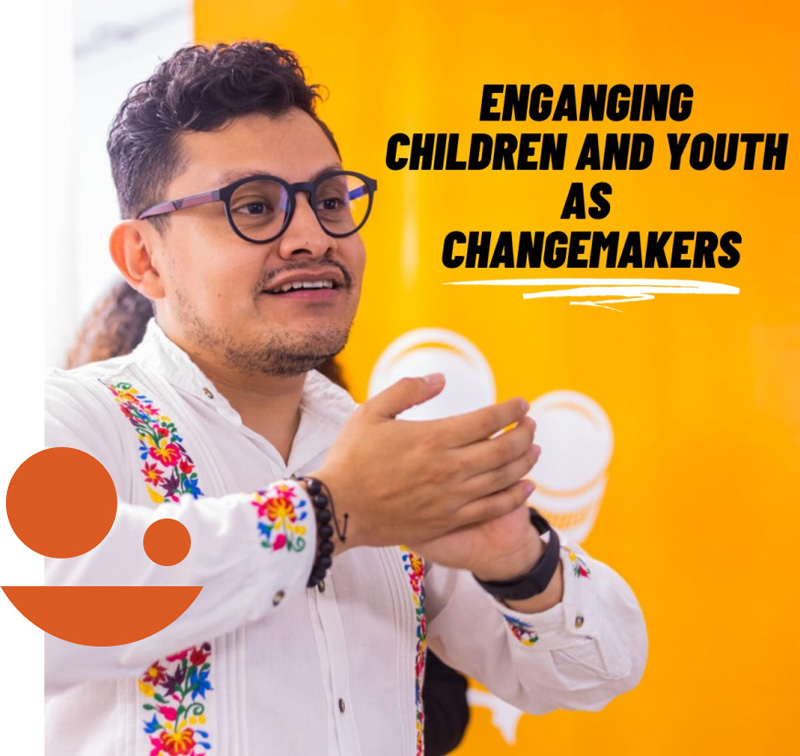
![]()
The sixth edition of the series took place on 17 November 2022 with the theme Engaging children and youth as changemakers and featured Mr. Andrés Allán Sánchez Osorio, a young activist and educator from Mexico. The recording of the event is available here.
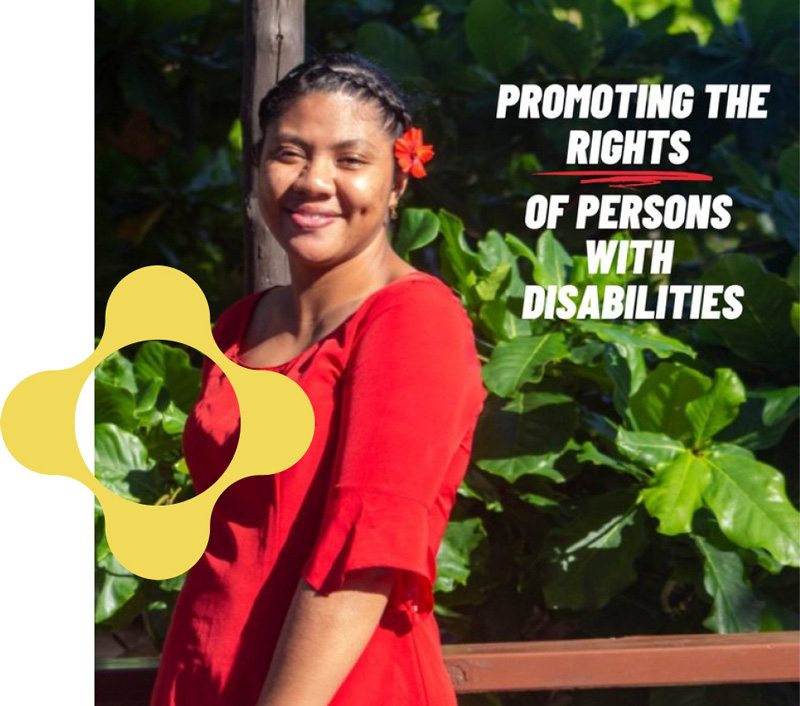
![]()
The seventh edition of the series took place on 2 December 2022 with the theme Promoting the rights of persons with disabilities and featured Ms. Maselina Iuta, a young activist and educator from Samoa. The recording of the event is available here.
DOWNLOAD
In addition to the full documentary, each of the seven videos, statements of the officials and questions for discussions can be downloaded separately to facilitate their use on screening and other educational events.
Video of each of the seven educators
- Aiki Matsukura (Japan) – Sexual exploitation of children

- Andrés Allán Sánchez Osorio (Mexico and Panama ) – Rights of children and youth in situations of vulnerability

- Aizat Ruslanova (Kyrgyzstan) – Women’s human rights

- Dejana Stosic (Serbia) – Gender equality and gender-based violence

- Irfaan Mangera (South Africa) – Racism and racial discrimination

- Maselina Iuta (Samoa) – Human rights of persons with disabilities

- Soufiane Hennani (Morocco) – Gender equality and gender diversity

Copyright © 2023 United Nations.
This multimedia educational tool is co-published by the United Nations (OHCHR), Amnesty International and Soka Gakkai International.


